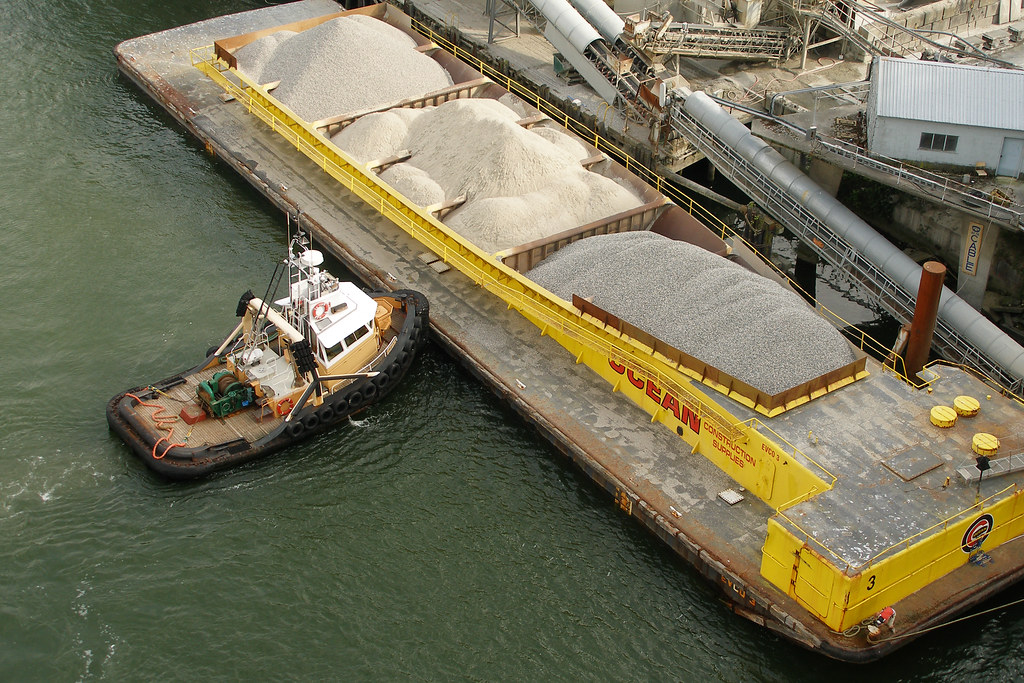The round of contacts with senior officials of the Generalitat that Ciment Català held this past January, and which is expected to continue in the coming months, concluded on the 11th with the work session that took place at the Department of Territory with the councillor, Juli Fernàndez, and the general secretary, Joan Jaume. The representatives of the Agrupació de Fabricants de Ciment de Catalunya, the president of the entity, Salvador Fernàndez Capo, and the vice-president, Carmen Díaz, made clear the need for the regional administration to increase investment in infrastructures for which the country to remain competitive and sustainable, also recovering the demand for cement, in low hours in recent years, as also happens with other indicators linked to construction.
According to the estimates of the Chamber of Works Contractors of Catalonia and the Promotion of National Work, the accumulated deficit of investment in economic and social infrastructures in Catalonia is approximately 35,000 million euros for the period 2009-2020. In addition, during the last decade, close to a third of the tenders carried out have not ended up being executed, which translates into an extremely low level of public tendering per capita if we compare it to the European average.
The sectoral delegation explained to the Minister of Territory that since the peak of 2007, cement consumption has fallen by 80.96 %, standing at the level of the 1960s. Current consumption is far from what is necessary in a modern country and competitive, as evidenced by data from other developed countries around us, such as Germany. At the same time, the costs of electrical energy, which are among the highest in the EU, the price of CO2 and the difficulty of having a sufficient quantity and variety of alternative fuels hinder international competitiveness through exports , which has been a solution and help during previous crises.
For all that, the representatives of Ciment Català warned of the latent risk of production relocation to territories and countries where there are better conditions to operate. Faced with these arguments, the councilor agreed with the representatives of Ciment Català in that this situation is detrimental to the proper functioning of Catalan society and the economy, and in the need to implement urgent measures to help restore normalcy of an essential and leading sector within the context of the country, always in an environment of sustainability and services to citizens.

